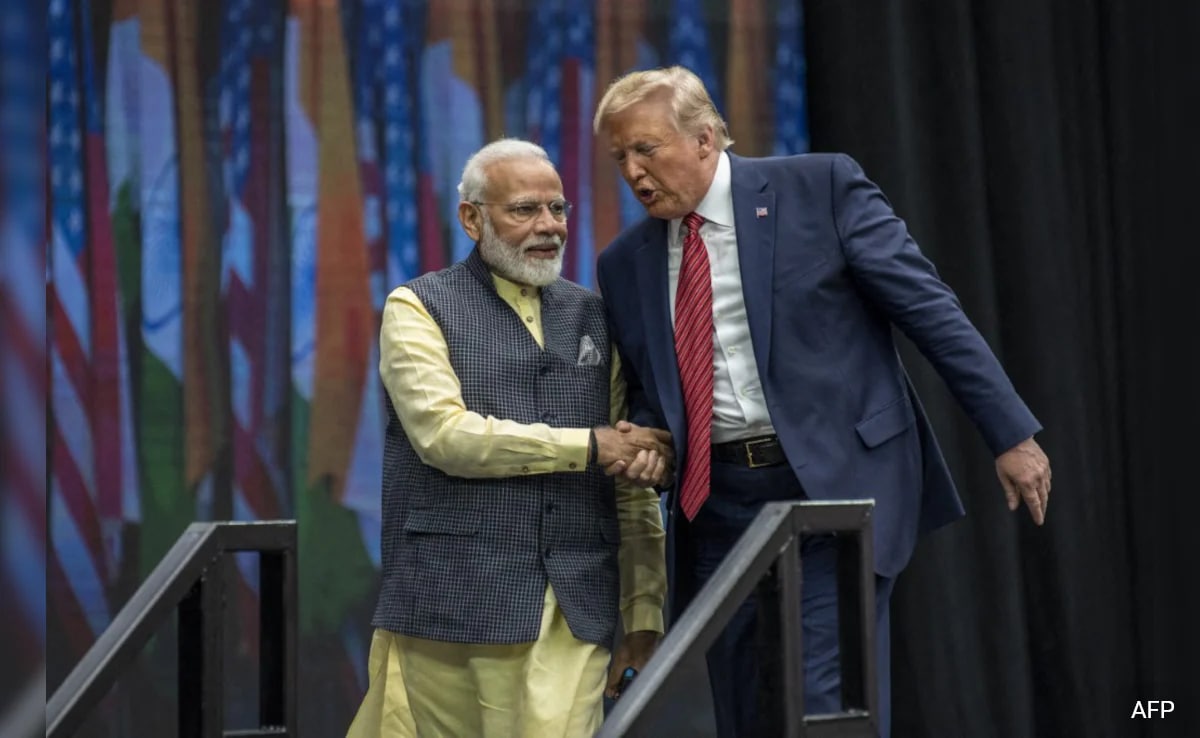The European Union is expected to also propose a ban on air travel arriving from the southern Africa. European Commission President Ursula von der Leyen announced the proposal on Twitter Friday morning and said she is coordinating with the bloc’s 27 member states.
Britain acted quickly to shut down direct flights, even as the World Health Organization (WHO) warned that these travel bans may be premature.
Israel on imposed a travel ban covering most of Africa after the detection of the new variant, according to Reuters. “We are currently on the verge of a state of emergency,” Israeli Prime Minister Naftali Bennett said.
“Our view is very clear,” Dana Spinant, deputy chief spokeswoman for the European Commission said at a news conference Friday. “We need to act very fast, we need to be vigilant, and we need to take all measures that are appropriate at this stage to prevent this virus from entering Europe.”
On Thursday, top South African health officials held a news conference announcing the discovery of the more contagious variant, saying they began researching the possibility of a new mutation when they discovered a fast-growing cluster of cases in Gauteng, the country’s biggest province.
Officials say they are still trying to determine the origins of the variant — which is known as B.1.1.529 — and that other cases have been discovered in Botswana and Hong Kong.
“Unfortunately we have now detected a new variant, which is a reason for concern in South Africa. What we have done is to act very quick,” Tulio de Oliveira, a scientist in South Africa, said at the news conference. “We are trying to identify what we are facing. The main message today is that we have to know the enemy that we fight.”
News of the latest variants arrive as Europe is already applying new lockdowns and travel restrictions for unvaccinated residents in an attempt to contain the latest surge of the virus. Reported deaths in Europe reached nearly 4,200 a day last week — twice the number since the end of September, according to the World Health Organization, which counts 53 countries as part of Europe.
The emergence of the new coronavirus variant shook global markets Friday, driving down stocks in Asia and Europe and hitting U.S. stock futures hard. Crude oil prices also dropped more than 6 percent. Dow Jones industrial average futures plunged more than 800 points, or about 2.3 percent, in early trading Friday, and S&P 500 and Nasdaq futures also fell sharply. Indexes in Hong Kong, Japan, France and Germany all dropped more than 2 percent.
The WHO said that they are monitoring the new variant, but still do not know much about it.
If the international health group determines that it is a variant of concern, they will give it a Greek name, such as the delta variant which was first detected in India and soon spread all over the world.
It said it would advise countries on actions they should take after scientists convene Friday.
“At this point, implementing travel measures is being cautioned against,” WHO spokesman Christian Lindmeier told a briefing in Geneva, according to Reuters. “The WHO recommends that countries continue to apply a risk-based and scientific approach when implementing travel measures.”
The British government acted quickly, banning on Friday flights from six countries in southern Africa: Namibia, Lesotho, Botswana, Eswatini, Zimbabwe and South Africa.
Starting Friday, non-British citizens will be banned from entering the country if they have been in the six named nations in the past 10 days.
British and Irish residents who have traveled in those countries in the last 10 days will have to quarantine in a hotel upon arrival in Britain.
The South African government derided the Britain’s ban as rushed, saying officials should have waited until the WHO made its recommendations
“Our immediate concern is the damage that this decision will cause to both the tourism industries and businesses of both countries,” Naledi Pando, South Africa’s foreign minister, said in a statement.
The number of mutations of the new variant and their location have scientists on high alert, fearful that the changes could make the new strain more resistant to vaccines, more transmissible or cause more serious illness in more people.
“This new variant of the covid-19 virus is very worrying. It is the most heavily mutated version of the virus we have seen to date,” Lawrence Young, a virologist at Warwick Medical School in Britain, told science journalists. “This variant carries some changes we’ve seen previously in other variants but never all together in one virus. It also has novel mutations that we’ve not seen before.
“This new variant is currently detected at relatively low levels in parts of South Africa but it looks like it’s spreading rapidly,” he added.
Hopkins, one of Britain’s top chief medical advisers, told BBC Radio, that South Africa had a very low level of cases at one point and then “in a shorter period than two weeks they have more than doubled their epidemiology picture.”
Britain maintains a world-class system of laboratories to detect and study the genomes of coronavirus variants and modeling groups that forecast potential spread. The southern African strain has not been found in Britain yet.
British Transport Secretary Grant Shapps said there are no immediate plans for more restrictive measures inside the country.
“We want the economy to be able to flourish, we want people to be able to go about their business, see their friends and family. So we’re trying to operate as permissive an atmosphere as possible but, of course, we’re keeping a very close eye on this all the time,” Shapps told Sky News.
In Japan, travelers arriving from the six African countries will need to quarantine at designated accommodation facilities for 10 days beginning Saturday, rather than quarantining at home, Chief Cabinet Secretary Hirokazu Matsuno announced Friday evening.
India on Thursday alerted all states to the new variant advising them to test and screen all travelers traveling from and transiting through the “at risk” countries of South Africa, Botswana and Hong Kong. The country had earlier this month had opened its borders to vaccinated international travelers after more than a year and a half.
Michelle Lee in Seoul, Niha Masih in New Delhi and William Branigin in Washington contributed to this report.
.png)











 English (United States) ·
English (United States) ·  Turkish (Turkey) ·
Turkish (Turkey) ·